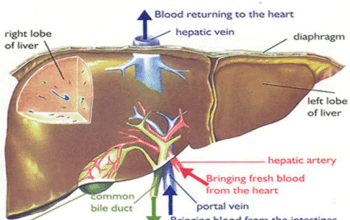Understanding Snoring and Its Impact
Snoring is more than just a nighttime nuisance—it’s a common sleep disorder that affects millions of people worldwide. According to recent studies, approximately 44% of men and 28% of women between the ages of 30 and 60 experience regular snoring, making it a significant health and relationship concern.
What Causes Snoring?
Snoring occurs when the flow of air through the mouth and nose is partially obstructed during sleep. Several factors contribute to this disruption:
- Physical Structure: Anatomical features like a narrow throat, enlarged tonsils, or a deviated septum can increase snoring likelihood
- Lifestyle Factors: Obesity, smoking, and alcohol consumption significantly impact snoring intensity
- Sleep Position: Sleeping on your back can cause the tongue and soft tissues to collapse, blocking airway passages
Lifestyle Changes to Reduce Snoring
Weight Management
Excess weight is a primary contributor to snoring. When individuals carry additional weight, particularly around the neck, it puts pressure on the airways, making them more likely to collapse during sleep. Studies have shown that even a modest weight loss of 10% can significantly reduce snoring frequency and intensity.
Sleep Position Modification
Changing your sleep position can dramatically improve airflow. Sleeping on your side prevents the tongue from falling back and blocking the throat, which is a common cause of snoring. Try using a body pillow to maintain a side-sleeping position throughout the night.
Avoiding Triggers
Certain lifestyle choices can exacerbate snoring:
- Limit alcohol consumption, especially before bedtime
- Quit smoking to reduce throat inflammation
- Establish a consistent sleep schedule
- Treat underlying nasal congestion
Anti-Snoring Devices and Solutions
Nasal Strips and Dilators
External nasal strips and internal nasal dilators can help improve airflow by opening nasal passages. These devices work by physically expanding the nasal airway, reducing resistance and minimizing snoring for many individuals.
Oral Appliances
Mandibular Advancement Devices (MADs) and Tongue Retaining Devices (TRDs) are specialized mouthpieces designed to keep airways open during sleep. MADs slightly move the lower jaw forward, while TRDs hold the tongue in a forward position, preventing airway obstruction.
When to Seek Professional Help
While many snoring issues can be addressed through lifestyle changes and over-the-counter solutions, persistent snoring might indicate a more serious condition like sleep apnea. Consult a healthcare professional if you experience:
- Excessive daytime sleepiness
- Witnessed pauses in breathing during sleep
- Morning headaches
- High blood pressure
Surgical Options
In severe cases, surgical interventions like laser-assisted uvulopalatoplasty or palatal implants might be recommended. These procedures aim to remove or stiffen excess soft tissue that contributes to airway obstruction.
Mouth Exercises and Natural Remedies
Oropharyngeal exercises can strengthen throat muscles and reduce snoring. These simple activities, performed regularly, can improve muscle tone and decrease airway collapse during sleep.
Conclusion
Reducing snoring requires a multifaceted approach. By understanding its causes, implementing lifestyle changes, and exploring various treatment options, most individuals can significantly improve their sleep quality and overall health.






